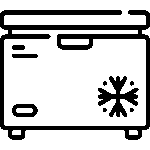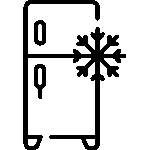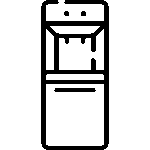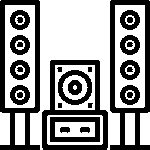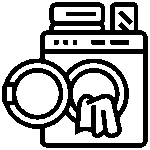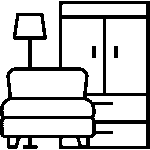Generator Buying Guide 2025: Everything You Need to Know Before You Invest
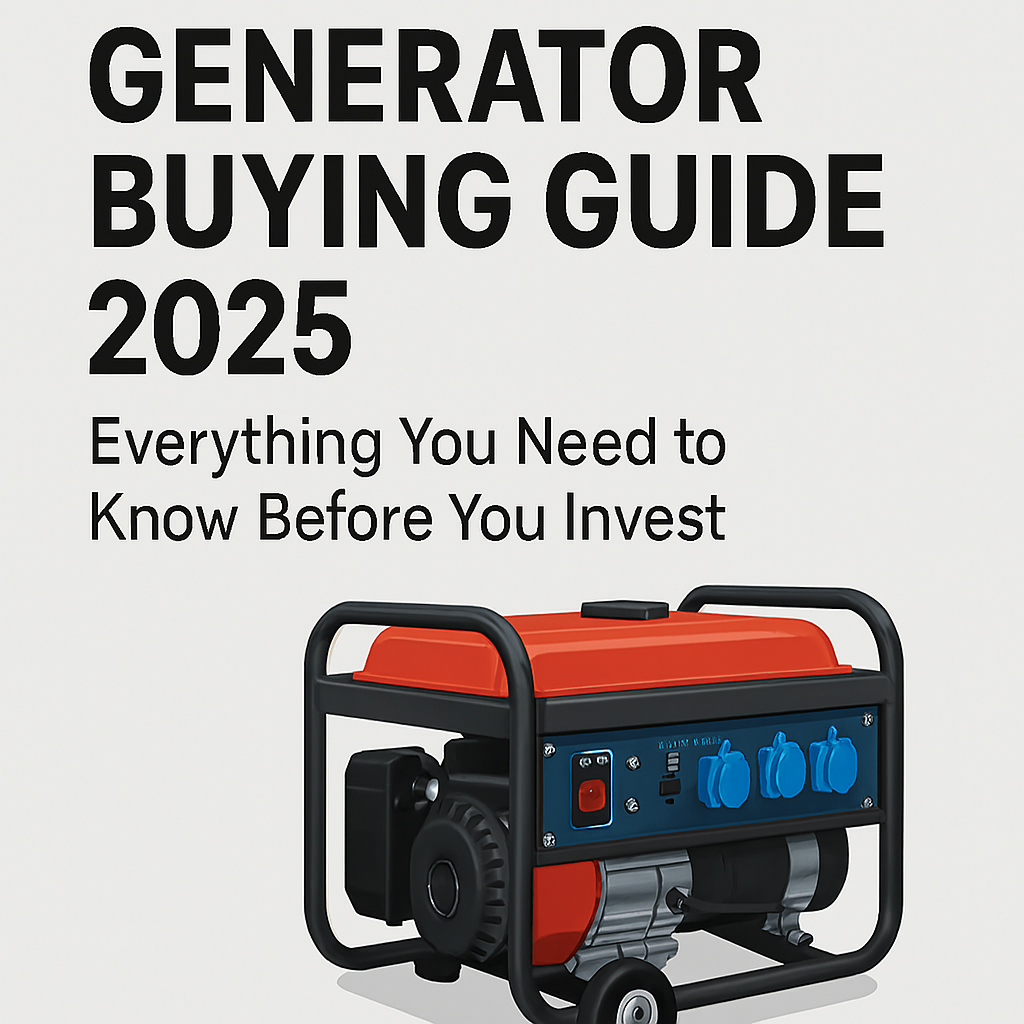
Why Generators Matter
In Nigeria, where power supply can be unpredictable, a generator isn’t just a luxury—it’s a necessity. Whether for your home, office, or business, choosing the right generator ensures:
Reliable backup during outages
Protection for sensitive electronics
Smooth operation of appliances and equipment
This guide walks you through everything you need to know before buying.
Step 1: Know Why You Need a Generator
Ask yourself:
- Do you need backup for home essentials (lights, fans, fridge, TV)?
- Are you powering business tools (computers, printers, POS, freezers)?
- Do you run heavy-duty equipment (industrial machines, construction tools)?
👉 Your purpose determines the KVA rating you’ll need.
Step 2: Understand Generator Capacity (KVA/Wattage)
| Generator Size | Ideal For |
|---|---|
| 0.9KVA – 2.5KVA | Lights, fans, TV, laptops, small fridge |
| 3KVA – 6.5KVA | Freezers, multiple appliances, small business |
| 7KVA – 15KVA+ | Large homes, offices, supermarkets, heavy use |
💡 Tip: Calculate your total appliance wattage, then choose a generator rated 20–30% higher to avoid overload.
Step 3: Types of Generators
- Portable Generators: Lightweight, easy to move, ideal for light use
- Inverter Generators: Fuel-efficient, quiet, safe for electronics
- Standby Generators: Permanently installed, auto-start during outages
- Diesel Generators: Rugged, economical for large loads, but noisier
Step 4: Fuel Type & Consumption
| Fuel Type | Pros & Cons |
|---|---|
| Petrol | Cheaper upfront, higher fuel use |
| Diesel | Costlier upfront, better fuel efficiency |
| Gas (LPG) | Cleaner fuel, less common in Nigeria |
👉 Consider fuel availability, efficiency, and long-term running costs.
Step 5: Noise Level
- Centrifugal & diesel models can be loud
- Look for “Low-Noise” or Inverter models if you live in residential areas
Step 6: Key Features to Look For
- AVR (Automatic Voltage Regulator): Protects appliances from voltage spikes
- Key Start (Electric Starter): Easier than rope pull
- Copper Coil: More durable than aluminum
- Fuel Tank Size: Bigger tank = longer runtime
- Wheels/Handle: Easier to move
Step 7: How to Spot Original vs Fake Generators
| Checkpoint | What to Look For |
|---|---|
| Brand Reputation | Stick to trusted names: Elepaq, Firman, Honda, Sumec, Lutian |
| Coil Type | Originals use 100% copper |
| Packaging & Serial | Clear branding, manuals, serial numbers |
| Weight Test | Fakes are often lighter |
| Seller Reputation | Buy from trusted dealers like DISPASAL |
Step 8: Budget & Maintenance Costs
Don’t just focus on the price tag—consider:
- Fuel consumption
- Spare part availability
- Service costs (oil change, plug replacement, filter cleaning)
👉 Example prices in Nigeria (2025):
- Elepaq 10KVA: ₦300,000–₦530,000
- Sumec Firman 6KVA: ₦530,000–₦570,000
- Lutian 8.8KVA: ₦570,000–₦800,000
Step 9: Where to Buy Safely
Buy from sellers who offer:
- Manufacturer warranty
- After-sales support
- Genuine spare parts
At DISPASAL, we stock original, tested, and warranty-backed generators—giving you peace of mind.
Visit us today 🌐 dispasal.com | 📞 09164425471
Final Tips Before Buying
- List all appliances you want to power
- Decide on petrol, diesel, or inverter type
- Match wattage to your needs
- Choose original brands over cheap imitations
- Buy from a trusted store like DISPASAL
Conclusion
A generator is a long-term investment. Whether you need backup for your home or power for your business, choosing the right model ensures safety, reliability, and value.
Need help choosing the perfect generator? Visit DISPASAL in Suleja or shop online at dispasal.com. Call/WhatsApp: 09164425471


